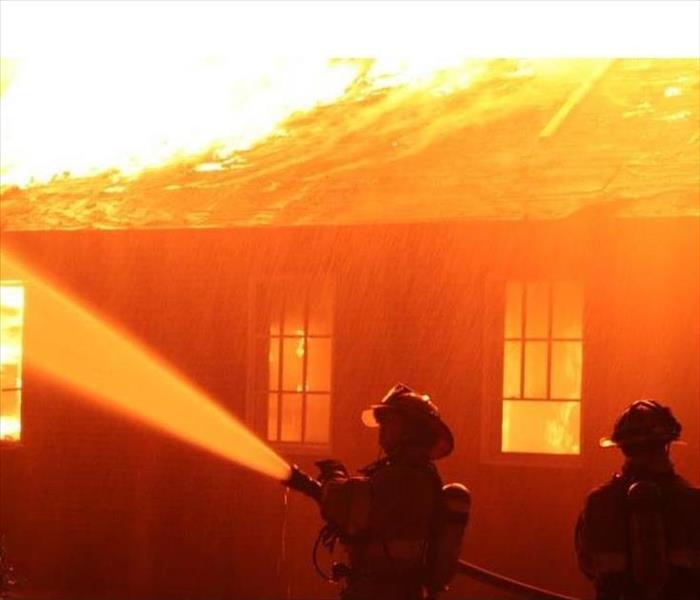Smart fire prevention tips for your New Paltz, Kingston, Saugerties and Highland homes
8/20/2019 (Permalink)
Not only can damage from residential fires can be significant, they cause both structural and property damage and put the household in danger. Practicing proper fire prevention techniques in your Ulster County home is essential to staying safe and helps offer a piece of mind.
Residential Fire Numbers: Many consider fires to be an uncommon occurrence, but according to according to FEMA, in 2017 there were over 3,400 fatalities attributed to fires, with 23.0 billion dollars’ worth of losses from over 1.3 million fires that year.
Over half of residential fires are caused by cooking in some manner. Utilizing caution when cooking with open flames can go a long way in residential fire prevention. Make sure children and adults all know how to be safe in the kitchen, what to do in a fire emergency and what to USE should one arise.
Fire Prevention: Because of how quickly fires can grow, preventing them from starting is the most effective method of fire safety. Household objects can quickly turn hazardous if conditions are right, but there are many ways to prevent fire hazards.
Inspection of the smoke detector: Use the smoke detector’s test button to check the batteries once each month. Purchase a new one every 10 years. They’re not expensive and the technology has been upgraded since your last one.
Dryer vents and lint: Have your dryer vent cleaned once a year. An excessive amount of lint can be a fire hazard due to the heat of the dryer. Dispose of dryer lint in the tray after each load as a cautionary measure.
Stay in the kitchen if you’re cooking with an open flame: Just because one uses a flame each day for cooking or fireplaces does not mean that it cannot pose a hazard. Always attend to open flames and never leave the room when one is burning.
Cords, cable and wires: Cords come with a safety coating that protects the wires and lessens the fire risk. When the cables become frayed and worn, the wires become exposed and create a threat. Check cables often and dispose of frayed ones immediately.
Properly store products. Everyday household products can also pose a fire risk. Most cleaners, household chemicals and aerosol cans should be kept away from high heat and incendiary devices. Check their labels to determine the safest way to store them.





 24/7 Emergency Service
24/7 Emergency Service
